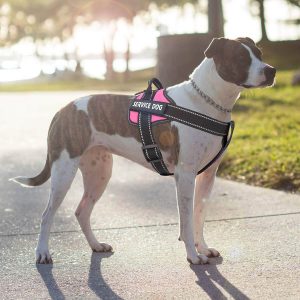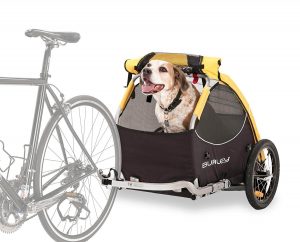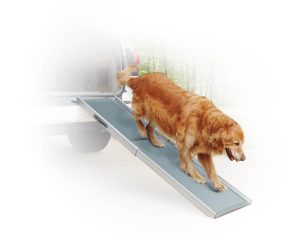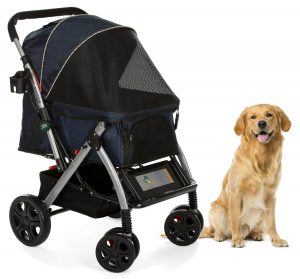1.Carpool. Not only will you save gas, you have extra hands to help with setting up all the stuff, watching dogs, and built-in entertainment. Some great discussions have occurred within the confines of a car on a long ride.
2. Keep the vehicle well maintained. We’ve all heard it, but it’s true; keeping the tires inflated properly, the coolant filled, and the oil changed regularly does keep operating costs down. Not to mention saving the expense of emergency roadside repairs.
3. Use air conditioning wisely. At highway speeds your mileage will not be overly affected by air conditioning use. On streets, open the windows and use crate fans if it’s not too hot or dusty.
4.Bring a cooler. Bringing your own snacks and lunch will save a great deal of time and money. It’s usually healthier fare, too. I allow myself one meal out on a trial or seminar weekend so I still get the vacation experience.
5. Plan the route. Just because you’ve always taken the same route to the event doesn’t necessarily mean that’s the best one. Sometimes road conditions, traffic, and geography play a part in economy. Also, try to travel in non-peak hours. By avoiding the stop and go, you’ll save on fuel costs.
6.Do the math. Sometimes it’s less expensive to rent a small motorhome than the combined expenses of gas and hotel. The kitchen can be an added savings. You may have room to bring along the veteran and save money on the petsitter, too.
7. Potluck. For trials that are close to home plan to bring food to share. Bringing one item is less expensive and much easier than trying to execute an entire day’s worth of food.It’s more fun, too!
8.Volunteer. Depending on the event, helpers usually get free lunch and parking. You can help with set-up, clean-up, serve lunch or even steward for another class and still compete with your dog(s).
9. Get more bang for your buck. Additional classes are usually less expensive than a single entry. If both you and your dog are competition ready physically and mentally, enter more than one class at the same trial. For example, at an AKC obedience trial you could enter Open A for that CDX leg you’ve been working hard for. You could also enter Rally for another leg, an Optional titling class (like Graduate Open or Versatility) for a leg toward that degree, and/or a Wild Card class for some experience.
10. Be realistic. Don’t compete before you’re ready to qualify. Honestly assess your progress and your goals. Have a trainer, a trusted friend, or even a video camera give you some information on your performance. If you still need some practice, come along for the comraderie and the experience, but keep the entry fee in the bank.
11. Use the internet to shop hotels. Travel sites abound. You can compare room rates, proximity to the event, and any extras the hotel may offer.Save the cost of a phone call by booking the room on-line, too. Also, if several club members or friends are attending the same event, ask for a group discount.
12. Ask for a local paper. Most hotels will provide one for free; at most the expense is pocket change. Many have coupons for local restaurants, or advertise specials. You can read up on local events that you may want to check out (or avoid the traffic).
13. Stick to the budget. Bring along only the amount of cash you plan on spending at the vendors. Do you really need another tug toy or fancy collar? (I know I always think that I do!)
14. Skip the win photo. Bring your own camera and have a friend take the shot of you, your dog, and the ribbon. Note: this is a great way to make a new friend. Nearly everyone will share your joy in your accomplishment, and be glad to be your impromptu photographer.
15. Make a trade. Most of us see the same group of friends at trials. Most of us have many magazines, training books, and DVDs. Use a trial as a meeting place to loan or swap these materials. Be sure everything is clearly labeled to avoid any confusion. Plan to swap back at the next event.








